Resources
10 Books Every Community Organiser Needs in Their Toolkit
Books to dramatically improve your organising game. Some may surprise you.
Stephanie Wong | 20 Feb 2018

Image credit: Sharon Mccutcheon, Unsplash.
This post uses affiliate links which means that when you buy an item using the link provided we receive a portion of the sale. Affiliate links are marked with a ⟡
1. Why I'm No Longer Talking to White People About Race Reni Eddo-Lodge
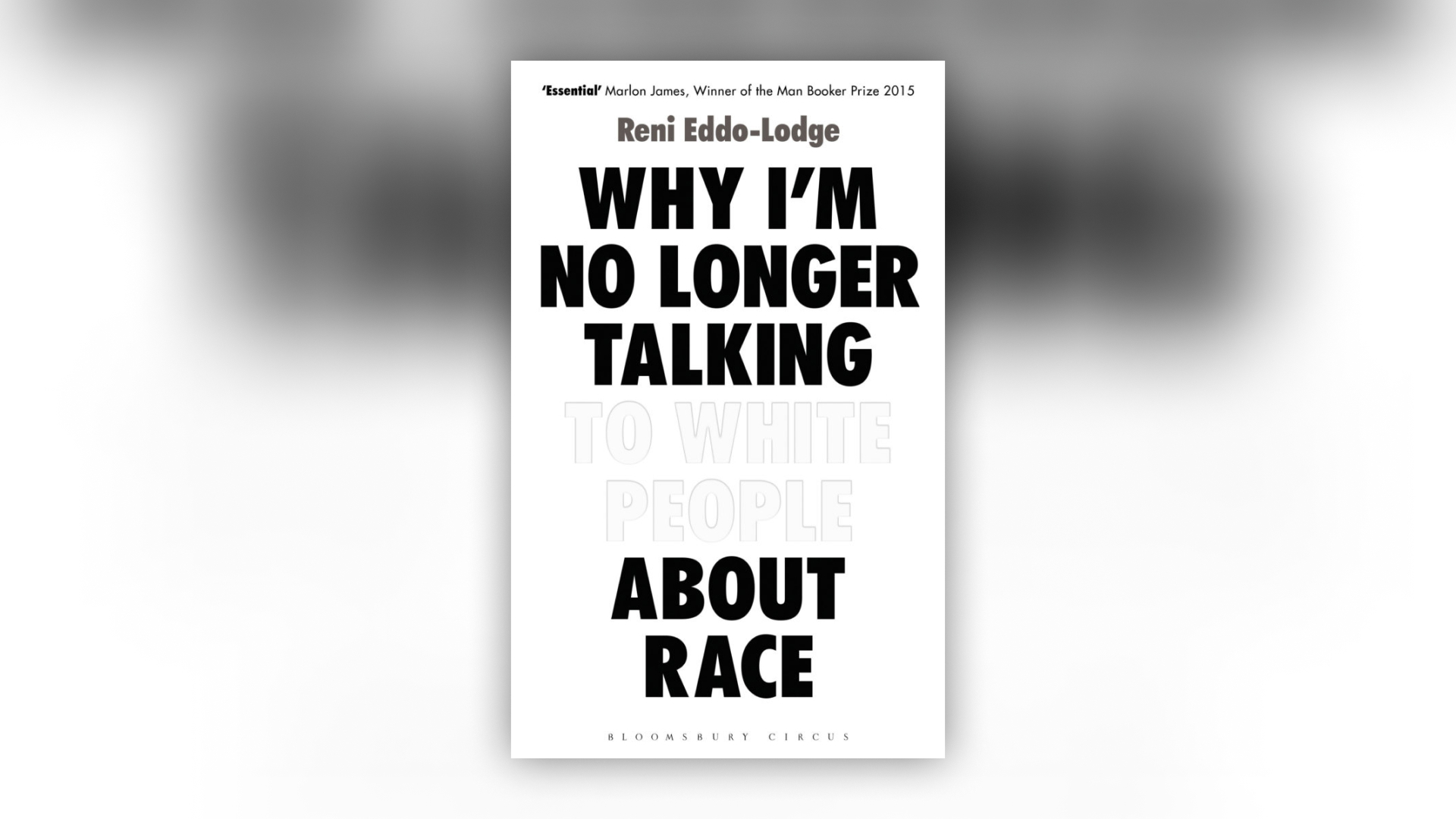
White privilege is a manipulative, suffocating blanket of power that envelops everything we know, like a snowy day.
You can not change the world without acknowledging and addressing racism.
To organise effectively, we must understand we work in racist social and economic systems, behaving as a respectable society. To bring about a better world, we should turn inward to our privileges and judge how we use them to either contribute or tear down the systems of institutional racism around us. For many of us, this can feel like an impossible task. This book will tell you what you must learn in seven beautifully written essays. This book is uncomfortable, generous and necessary for white readers. And for all of us, it is an essential compass in our justice work.
Buy Why I'm No Longer Talking to White People About Race on Bookshop.org
2. Hope in the Dark Rebecca Solnit
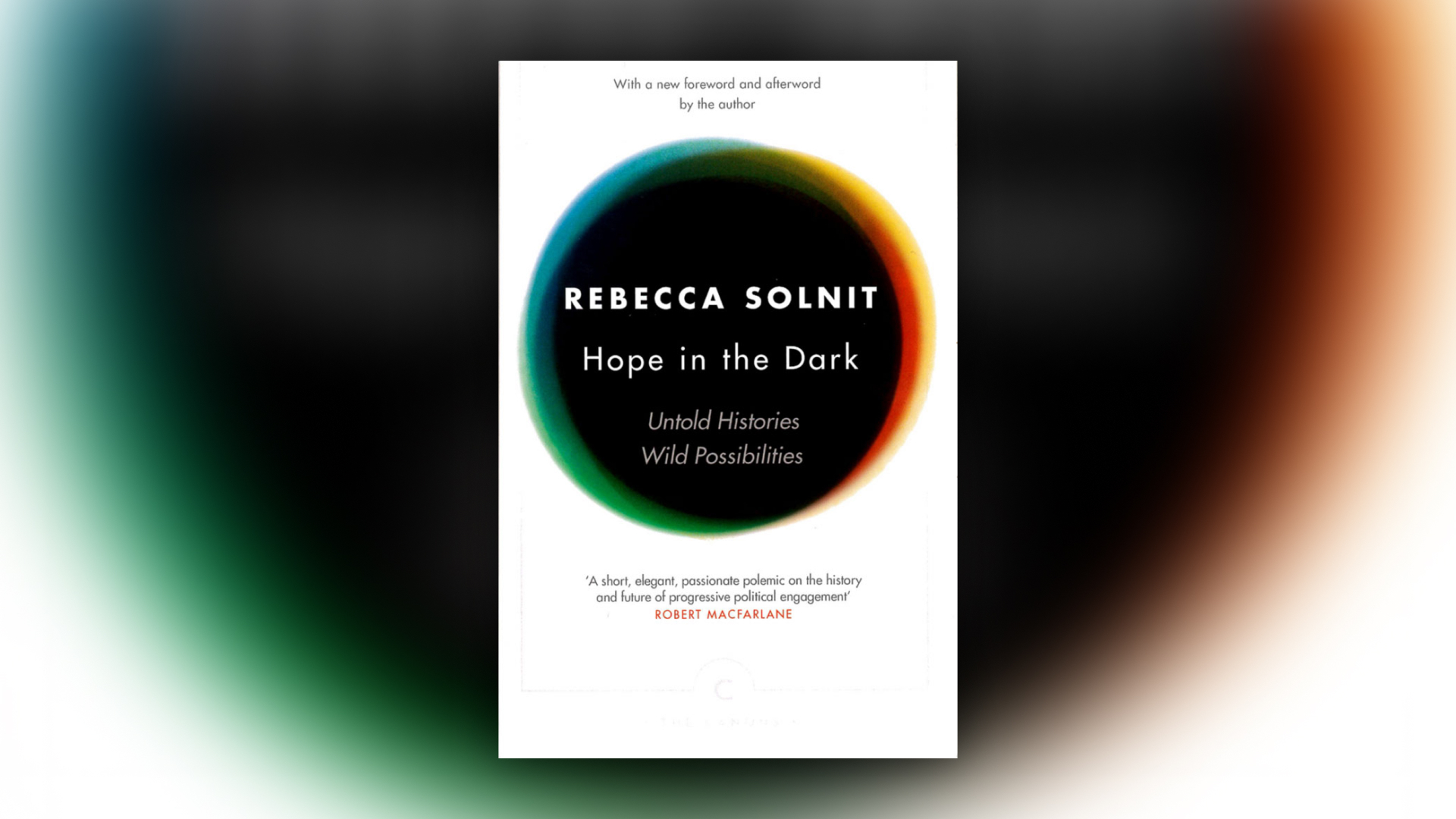
Hope is a gift you dont have to surrender, a power you dont have to throw away.
Never lose hope it contains everything we need to build something better.
Social change is uncertain, unpredictable and always possible. At a time in our lives when there is so much to despair about, this book is more important than ever. Solnit turns over the ugly underbelly of the world and challenges us to see the mushrooms of justice and opportunities growing despite the darkness. In this book, Solnit draws light on our history to guide us towards a more hopeful future.
Buy Hope in the Dark on Bookshop.org
3. I Must Resist: Bayard Rustin's Life in Letters edited by Michael G. Long
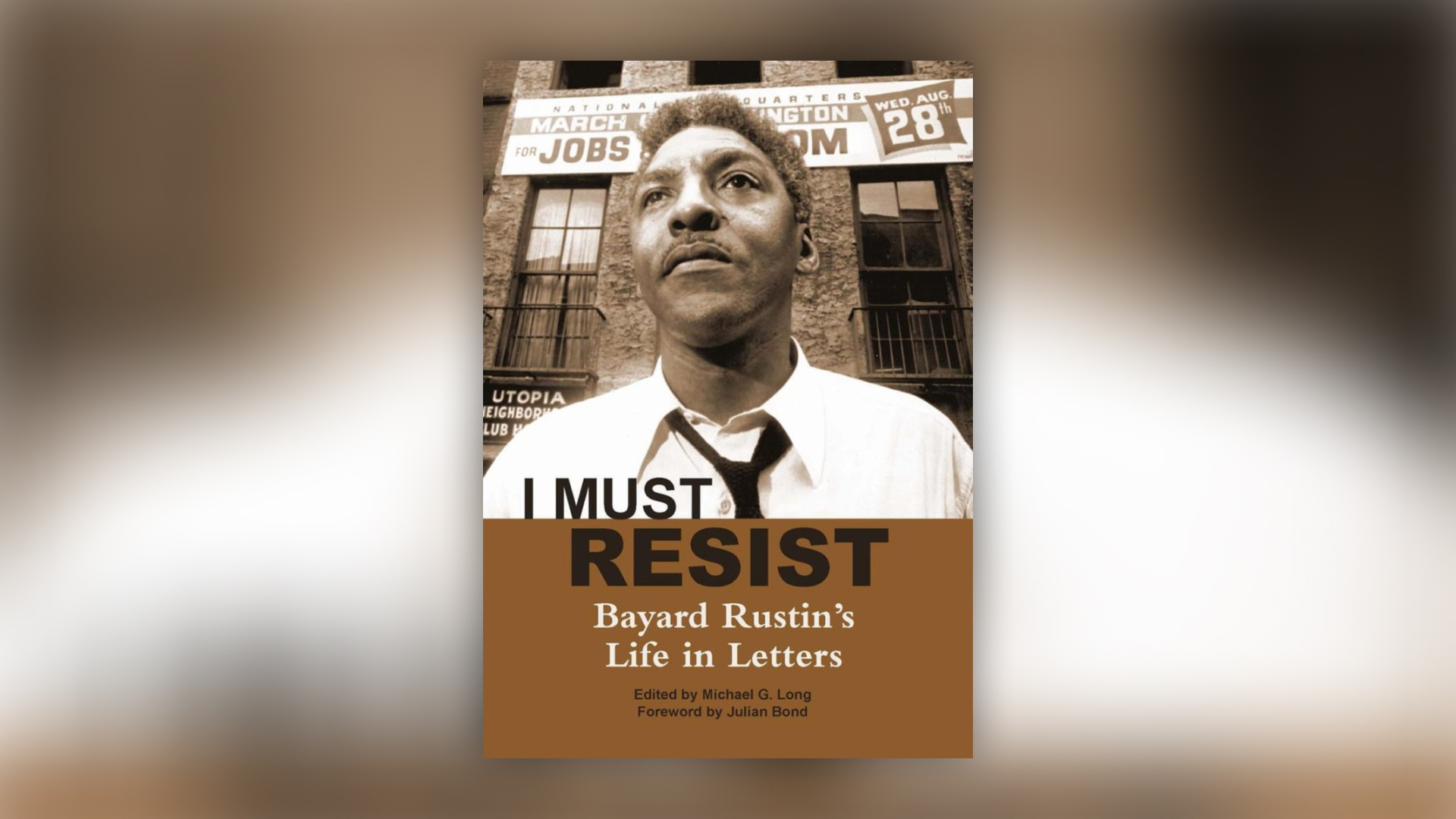
My best friends ... have been beaten and assassinated. Yet, to remain human and to fulfil my commitment to a just society, I must continue to fight for the liberation of all men.
Bayard Rustin was the mentor to Martin Luther King Jr. and was central to much of King’s actions. As a gay black man, Rustin’s brilliance was kept from our history books until now. Rustin’s experiences are captured here in 150 insightful letters and are a powerful must-read for anyone wanting to learn from a master strategist of the civil rights movement. We get to understand Rustin in his own words, writing to some of the most important change-makers of the time, including Eleanor Holmes Norton, A. Philip Randolph, Roy Wilkins, Ella Baker, and Martin Luther King Jr.
4. Made to Stick by Chip and Dan Heath
As we pored over hundreds of sticky ideas, we saw over and over again the same six principles at work.
Why do we remember complicated stories but not complicated facts? Why do some ideas last zillions of years and others die, forgotten forever? After ten years of study, Chip and Dan Heath have the answer. They credit six key principles to unforgettable messaging: simplicity, unexpectedness, concreteness, credibility, emotions and stories. It spells success well almost. Each principle is illustrated with stories to make you gasp, laugh and never forget. From tales of Frank Sinatra, to a stolen kidney, to the global popcorn campaign changing cinema gourmet across the States Chip and Dan show how to be unforgettable. Their methods are vital for community organisers who must get better at communicating if we are to win lasting change.
Buy Made To Stick on Bookshop.org
5. No Shortcuts: Organising for Power by Jane McAlevey
The 1 percent have a vast armoury of material resources and political special forces but the 99 percent have an army.
When so many of us are thinking about how this happened, Jane McAlevey, trade union community organiser, gives us why and how to change it. Sharing her findings from interviewing people in labour and social movement campaigns across America, McAlevey brings together their strategies to help us win. Championing the methods of deep organising over shallower mobilising efforts, McAlevey lifts successes and failures to argue that there are no shortcuts to progress. Delve in to learn how to build deep, winning teams that can take on the biggest challenges of our time.
Buy No Shortcuts on Bookshop.org
6. How Organizations Develop Activists by Hahrie Han
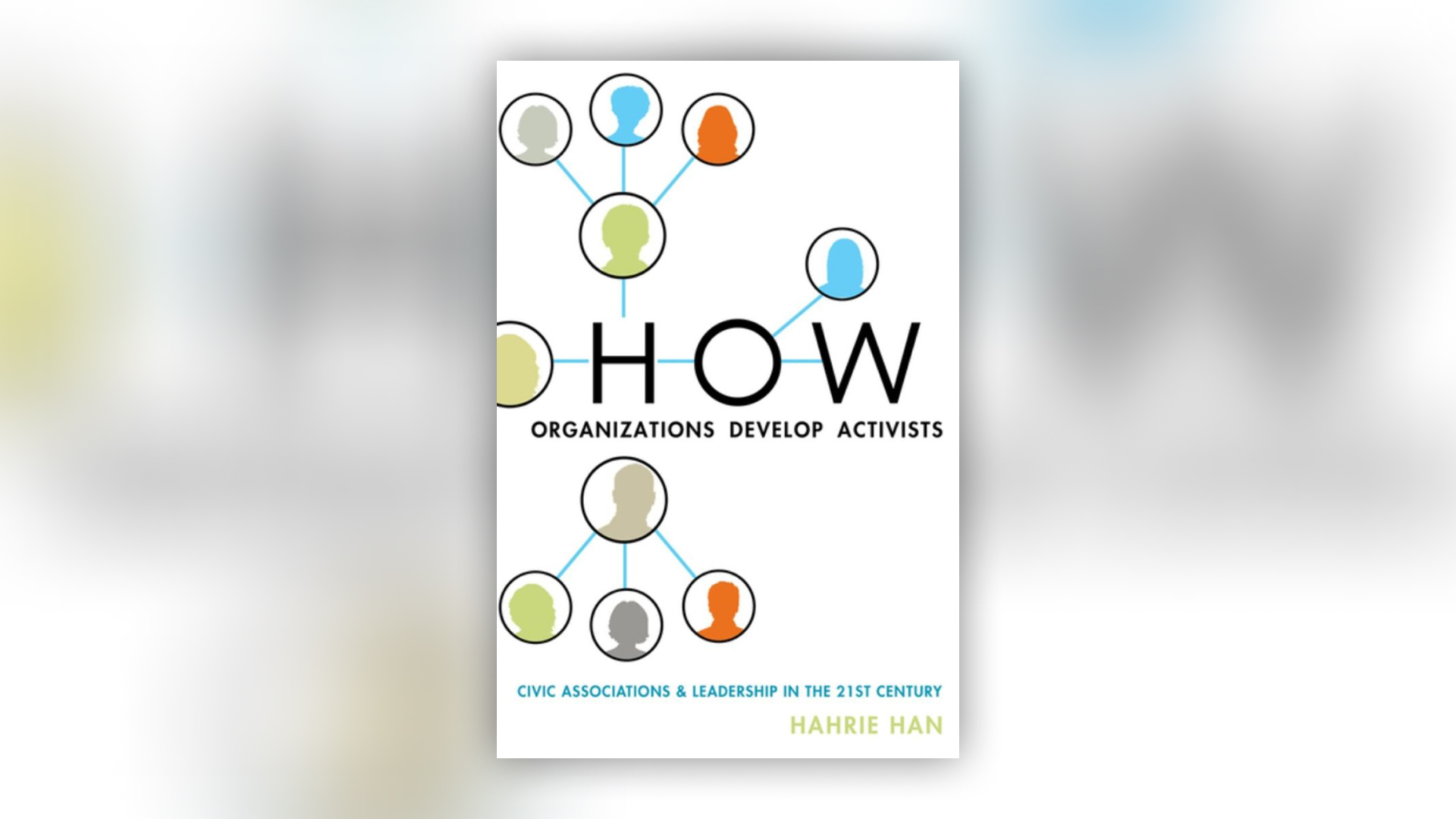
[G]etting people to do stuff more often and with more depth is not easy. It takes precious time and resources to develop relationships with members. Civic associations are most likely to do this work when it helps them build power.
It is a brilliant book for understanding the difference between organising and mobilising. With a bit of patience, it is a treasure chest of learning for community organisers. Han shares her learnings from in-person interviews, surveys, and field experiments to teach you why some groups do better than others at recruiting and keeping people involved in activism. While technological changes make it increasingly easy to mobilise activists to take short-term, low-effort mass action, Han concludes that successful, high-engagement organisations, those who work with and develop their membership, are the most effective.
Buy How Organizations Develop Activists on Bookshop.org
7. Blueprint for Revolution by Srdja Popovic and Matthew Miller
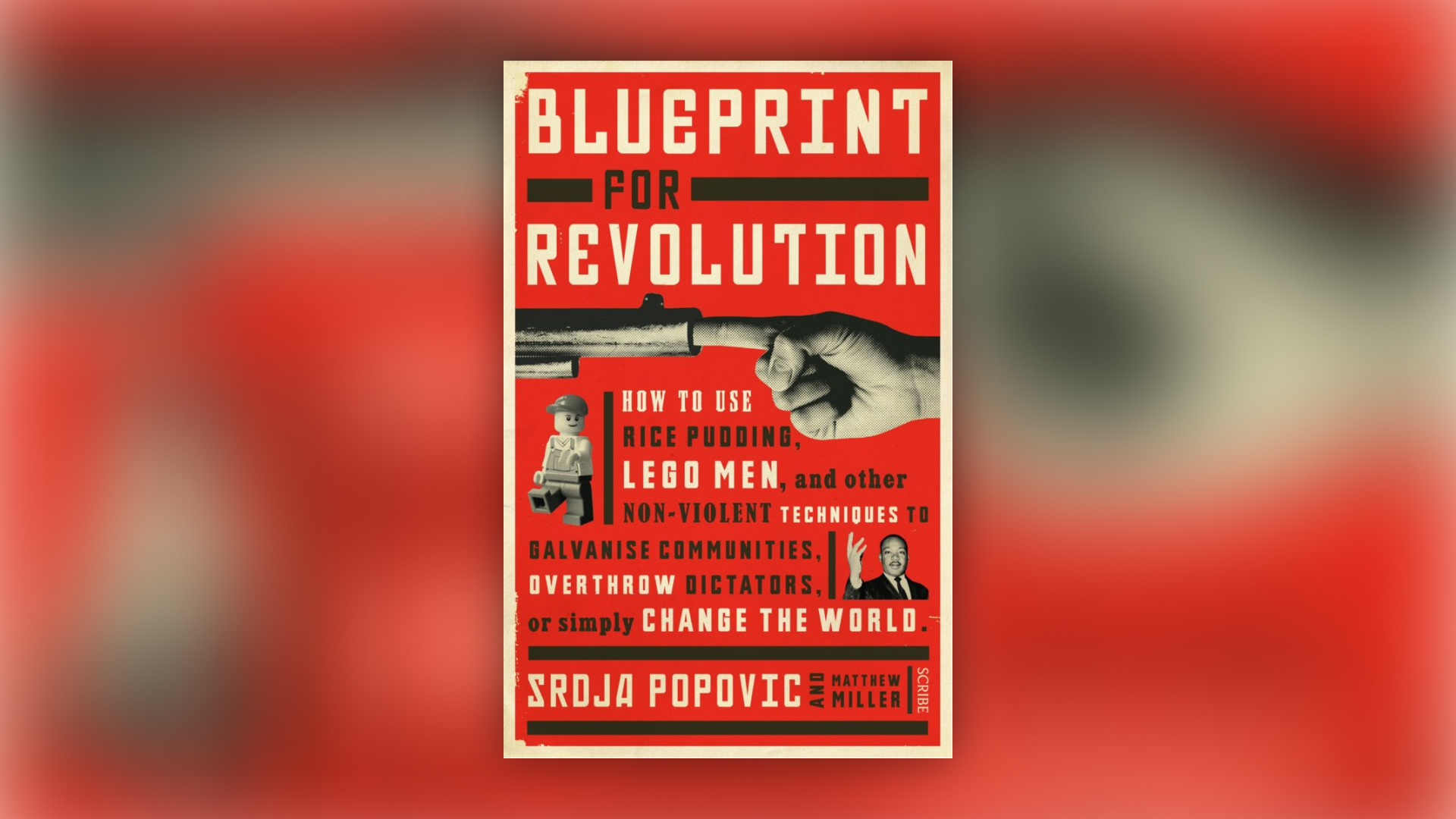
Rally the people who already more or less believe in what you have to say. That is a great way for coming tenth at anything (as Harvey Milk initially did).
Our work needs more humour, grit and imagination, and this is the book to show you how. In just two years, the clenched fist Otpor! grew from a youth protest group into a radical nationwide revolution. Srdja Popovic, leader of Otpor! and storytelling genius gives us his lessons from leading a revolution and training activists worldwide. From resistance turkeys to hiding radios broadcasting anti-regime messages in dog poo to cheese boycotts and taxi go-slows, this book will help you deliver bolder, unforgettable actions.
Buy Blueprint for Revolution on Bookshop.org
8. Rules for Radicals by Saul Alinsky
Society has good reason to fear the radical. Every shaking advance of mankind toward equality and justice has come from the radical.
Legendary community organiser Saul Alinsky inspired a generation of activists and politicians with Rules for Radicals. A troublemaker who spent much of his life focused on improving the living conditions of poor communities across America, Alinsky used clever tactics and pragmatic strategy to win local improvements in public housing, community health services, and public schools all across the United States. This classic volume is a call to action that is still important today and will give you heaps of useful stuff to work with and improve your organising.
Buy Rules for Radicals on Bookshop.org
9. Rules for Revolutionaries by Becky Bond and Zack Exley
We can go up against big money and win.
A must-read for anyone interested in making change through online and offline strategies. Bond and Exley share 22 lessons from the Bernie Sanders presidential campaign for political revolution in what they call Big Organising methods. The book’s core concerns people and what we can do when asked to participate in something meaningful. It is a direct challenge to the cautious steps of too many NGOs and charities who tinker with margins and a direct protest to the methods of Saul Alinsky, who could only get us to the negotiating table. On the other hand, big organising is about changing the very nature of government.
Buy Rules for Revolutionaries on Bookshop.org
10. This Is An Uprising by Mark and Paul Engler
There is a craft to uprising and this craft can change the world.
From climate change and migrant rights to Occupy, the Arab Spring, and #BlackLivesMatter, movements are reshaping our politics. Mark and Paul Engler delve into their work with a fine toothcomb to find the common threads that weave them together. They look to the work of folks such as Gandhi, Martin Luther King Jr., Gene Sharp, and Frances Fox Piven to reveal the tools people with few resources can use to change the world.
Buy This Is An Uprising on Bookshop.org
What other books should be on this list? Let us know in the comments section.